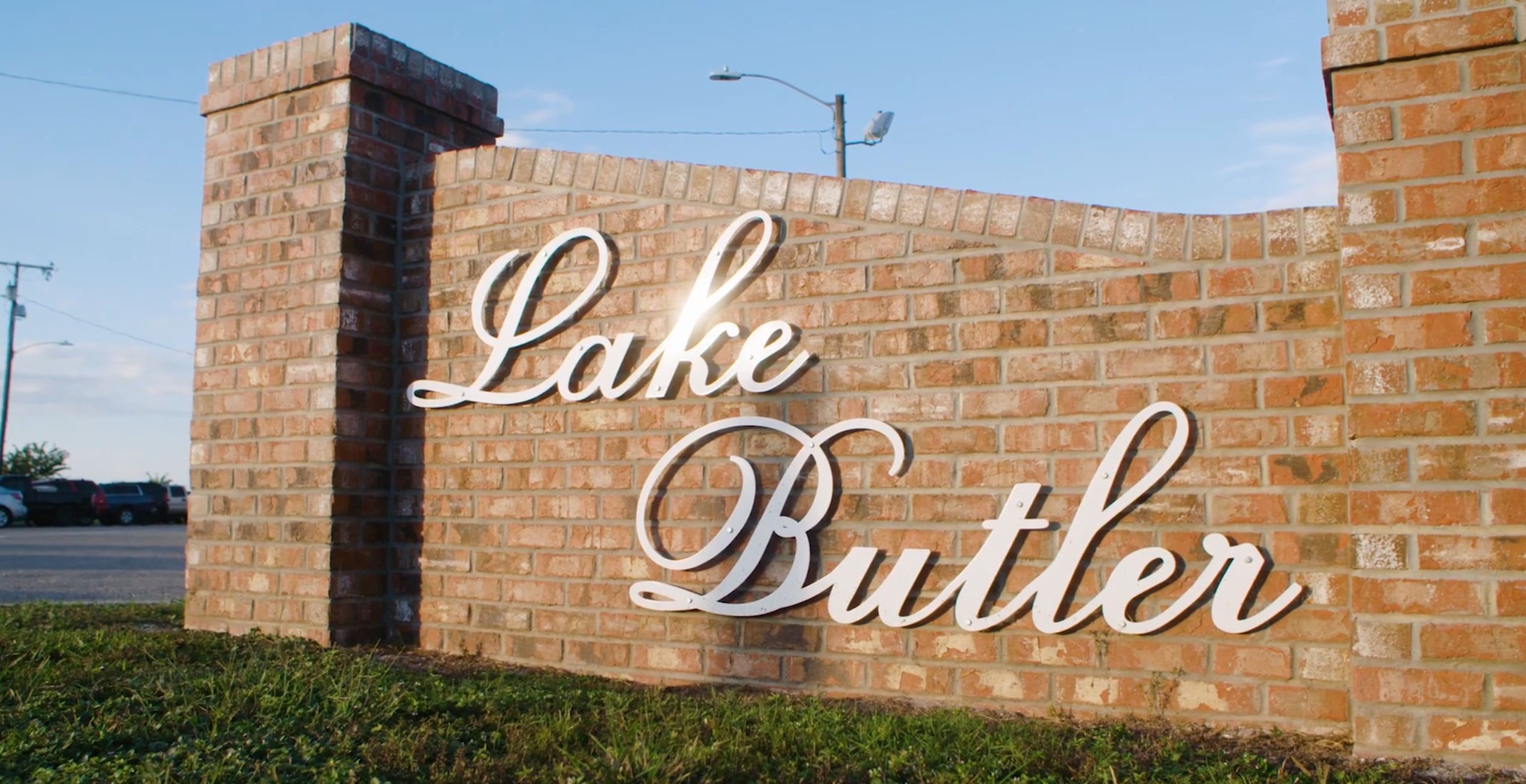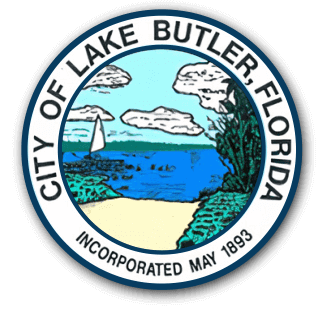 About the City of Lake Butler About the City of Lake Butler
In 1859, 40 acres were purchased from the government and streets were laid out for Lake Butler, the county seat of what was then New River County. When Baker County was divided from New River in 1859, the remaining portion of the county was renamed Bradford and Lake Butler remained the county seat.
The town was named by an early surveyor and the reasons for the choice of “Lake Butler” are not clear. Late in the 20th century stories circulated that the town was named for a “Captain” Butler who died during the Seminole Indian War and was buried on the north shore of the lake. It was later proven that the heroic soldier wo gave his life protecting the white citizens of the area did not actually exist, although the battle he was supposed to have died in did actually occur.
Some early names recorded to be in Lake Butler around the time it was established are: William J.D. Prevatt, Capt. H.F. York, Capt. Roll Thomas, Col. L.B. Rhodes, John Croft, and M.L. McKinney. These names were listed as being from Lake Butler when they were inducted into Company A of the 7th Florida Infantry in 1862. Other records list early residents of Lake Butler as: Dr. O.V. Walton, Dr. Sol Newsome, Thomas Irving Dekle, Grancer Palmer, W.S. Epperson, and Major Joseph L. Hill.
Capt. York served as the first clerk of the court and was a partner of a general merchandise store called York and Rhodes. R.H. Barnett was a riding preacher for the Methodist Church and also an employee of York and Rhodes. Toward the end of the Civil War, Lake Butler’s business district began to grow.
The first post office was located inside a general store owned by J.H. Porter, who acted as the first postmaster. O.W. Maines, grandfather of the famed Lake Butler historian and late “country” attorney Hal Y. Maines, assisted Porter as postmaster. The present Masonic Hall located on Main Street adjacent to the First United Methodist Church, was one of the earliest public schools in the town.
Joseph P. Richard (pronounced Ri-Shard) relocated his family to the Providence area after his Wayne County, Georgia Plantation was destroyed. Around 1875 Richard purchased a large section of land near Lake Butler, which included the Johnstown area, an unincorporated settlement between Lake Butler and Raiford. He also purchased other tracts in various areas and operated a grits mill, cotton gin, and sawmill in addition to his farm. He served as county judge for 14 years.
F.M. Rivers founded the Rivers Hardware Store in Lake Butler during this early period, about 1880 and continued in operation until it burned in 1985. Rivers attained fame by manufacturing his own invention, the Rivers “double stock” plow, which was popularly used all over Florida and the South. The business was passed on to C.F. Rivers and then to Wilson Rivers, who still lives in Union County.
W.C. Townsend came to Lake Butler from Georgia as a school teacher. Townsend married Susie Dekle and Townsend’s brother J.W. Townsend later married Susie’s sister, Lola. The Townsend Brothers had a successful partnership in farming and the turpentine business. They bought large quantities of land and built a successful clothing store in the town.
The 1911 building built by the Townsend Brothers which housed the Farmers and Dealers Bank, was renovated and is now the Driggers medical office building on Main Stree
|

 About the City of Lake Butler
About the City of Lake Butler